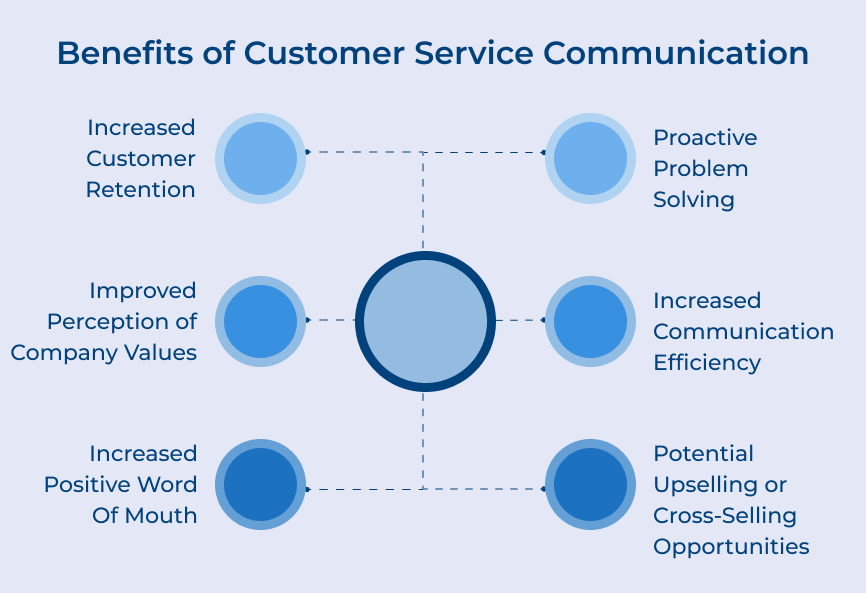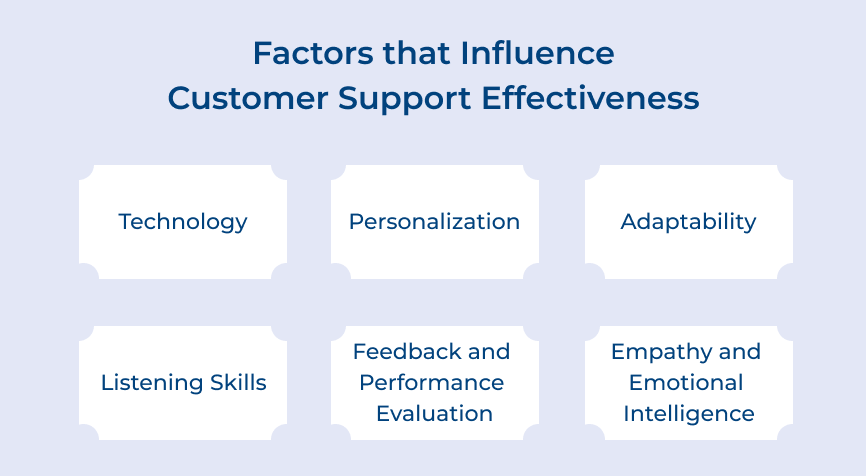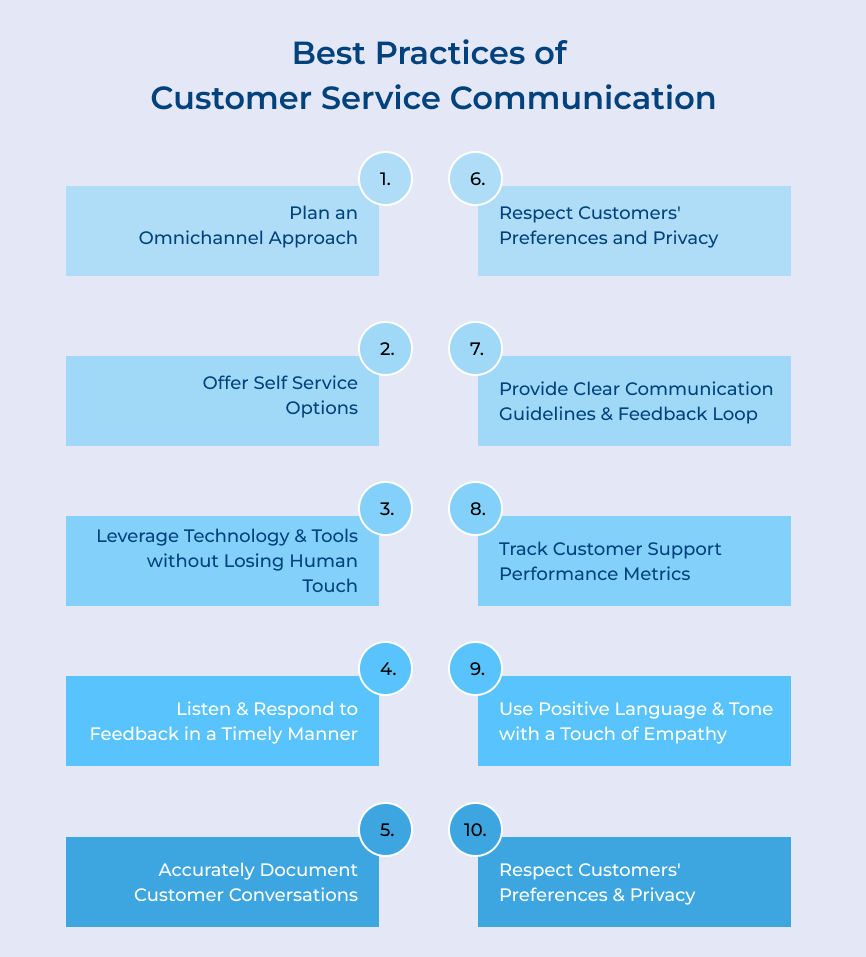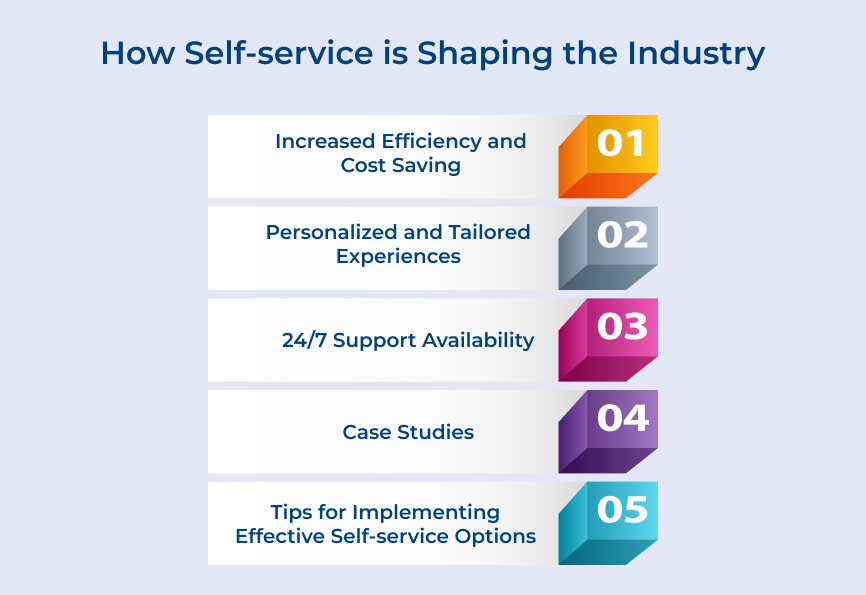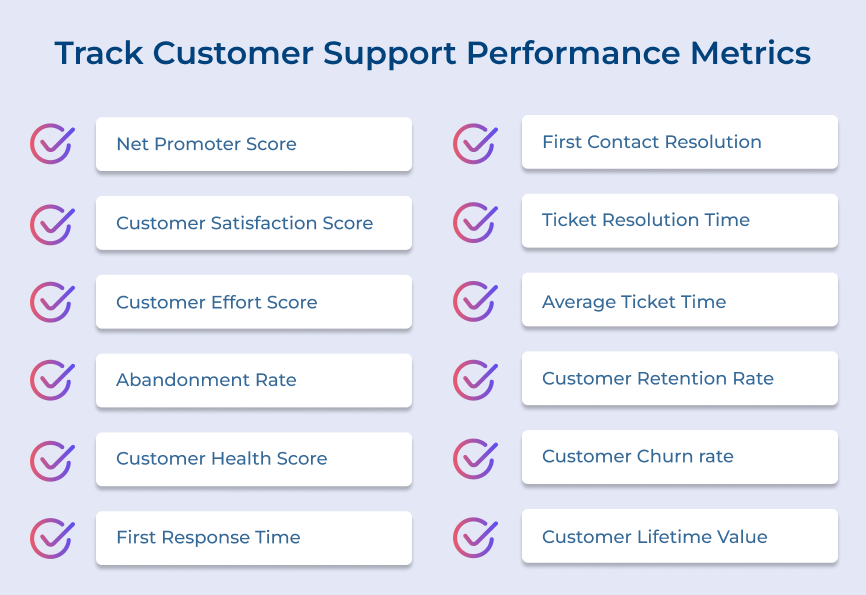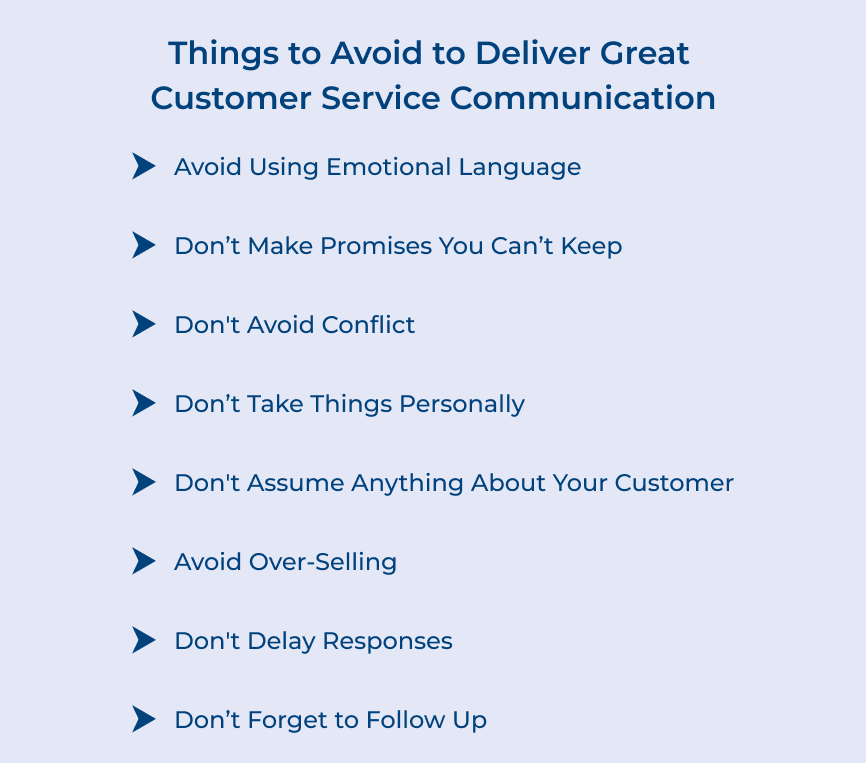Technology has revolutionized customer support effectiveness by providing various communication channels and tools. Automated message systems, live chat platforms, and social media integration have transformed customer support interactions’ speed, accuracy, and efficiency. These technological advancements enable businesses to provide prompt responses, seamless issue resolution and personalized experiences.
The automated message systems can offer immediate assistance and gather initial information, streamlining the support process. Social media integration allows businesses to engage with customers on their preferred platforms, creating a more accessible and responsive support experience.
Customers now expect personalized experiences and effective customer service representatives understand the importance of tailoring responses to each unique customer. A study by Salesforce found that 84% of customers say being treated like a person, not a number, is essential to winning their business.
Personalization promotes stronger relationships, increases customer satisfaction and encourages repeat business. Representatives, for example, can refer to previous interactions and address customers by name, demonstrating that they value. The personal touch builds trust and loyalty, as customers feel appreciated.
Customer service representatives must be adaptable to meet customers’ evolving needs and effectively communicate across different situations. The ever-changing nature of customer inquiries demands flexibility and agility in communication. Customer reps should adjust their communication style, tone and approach based on the customer’s preferences.
Adapting to different situations ensures that representatives can provide optimal support and assurance. They may employ a more empathetic and patient approach when dealing with frustrated customers, helping to build rapport.
Active listening is fundamental to effective communication in customer support. Representatives must listen attentively to customer feedback and concerns to understand their needs and provide appropriate solutions fully. Active listening involves paying full attention, seeking clarification when needed, and demonstrating empathy.
The approach facilitates a meaningful conversation, builds rapport, and increases customer satisfaction by addressing their concerns. The reps may paraphrase customer inquiries to ensure they have understood correctly and ask probing questions to uncover the root cause of an issue.
-
Feedback and Performance Evaluation
Regular feedback and performance evaluation processes are crucial for identifying areas of improvement. They are also helpful for optimizing customer support effectiveness. Companies should establish mechanisms to gather feedback from customers and representatives.
Internal evaluations enable managers to assess representatives’ performance, provide constructive feedback and identify training needs. Businesses can make data-driven decisions, enhance performance and refine customer service communication strategies.
-
Empathy and Emotional Intelligence
Empathy and emotional intelligence are vital for effective customer support. Demonstrating empathy allows representatives to connect with customers emotionally, showing genuine concern and understanding for their experiences. Acknowledging customers’ emotions, representatives can provide reassurance, support and personalized solutions.
Emotional intelligence helps representatives manage difficult or irate customers, defuse tense situations, and navigate challenging conversations with professionalism. The representatives can validate customers’ frustrations and express empathy before providing solutions, making customers feel heard.
What Are The Best Practices of Customer Service Communication?
The following are the best practices that can empower your customer service team to create positive interactions and ensure customer satisfaction.






